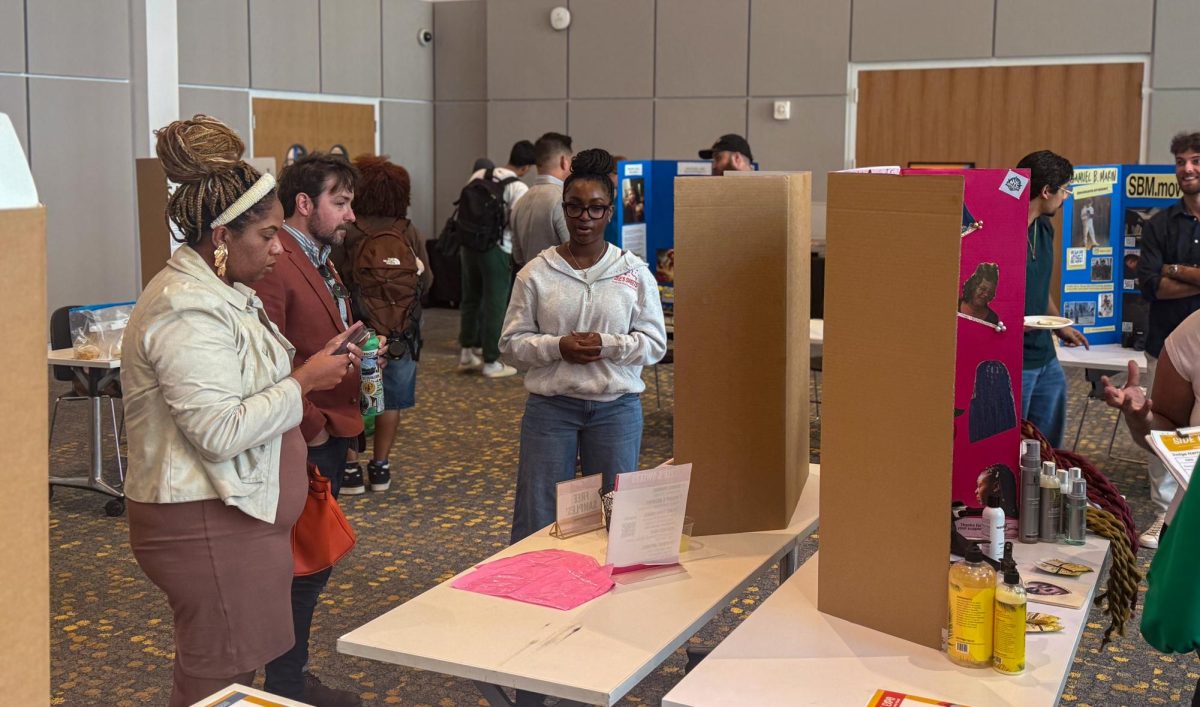According to faculty at Loyola University, retention has reached a critical point, with low pay and inadequate support for tenured and tenure-track faculty becoming significant barriers.
Faculty members say the issue has contributed to the departure of faculty members across multiple disciplines, threatening the institution’s academic rigor, continuity, and overall morale. The extent of this problem and its broader implications on the academic mission of the university are becoming increasingly clear.
One of the most pressing concerns voiced by faculty is the discrepancy between Loyola’s faculty compensation and the pay offered at peer institutions.
Loyola University President Xavier Cole has identified faculty compensation and retention as a key priority in his five-year strategic plan to better improve Loyola’s campus. According to members of the Faculty Senate the details of the plan are still being discussed, as reported by The Maroon.
Faculty members spoke of concerns about unfair pay and members leaving at the last senate meeting on March 28.
Professor Isabel Medina, a faculty member at the College of Law and vice chair of the university senate, noted that Loyola’s pay for tenured and tenure-track faculty lags behind national averages, particularly in the College of Law and the College of Arts and Sciences.
“Loyola needs to address faculty compensation, particularly for tenured and tenure-track faculty, especially in areas where we are seriously behind national or peer school averages,” Medina said. “It’s not just about keeping up; it’s about ensuring that the faculty who are crucial to the university’s mission are compensated fairly.”
Emily Eiswirth from the School of Nursing echoed this sentiment, sharing that the lack of competitive salaries has caused several tenured faculty members to leave for positions with better pay and more support.
“The salary discrepancy is real, and it’s driving faculty away from Loyola,” Eiswirth said. “We’ve lost key faculty in our department because of it.”
While concerns over pay are significant, faculty also raise questions about the lack of support for extraordinary and part-time faculty, who often carry heavier teaching loads with little opportunity for research or scholarly activity.
Nathan Henne, associate professor of Latin American studies and Spanish said faculty members are expected to contribute to the university’s academic mission but are not always given the resources to do so effectively.
“Extraordinary faculty are often just as rigorous as full-time professors, but they are frequently overburdened with teaching and given limited time for research or publication,” he said.
Medina also expressed concern about the broader impact of this lack of support on the university’s mission.
“It’s not just the tenured faculty that are affected—extraordinary and part-time faculty are also critical to the university’s success,” she said. “Without the proper support, it’s difficult to deliver on the University’s academic mission.”
Another key issue raised by faculty members is the disruption in academic continuity caused by the turnover of tenured faculty. Medina discussed how the university’s investment strategies in faculty have made it difficult to maintain the rigorous academic environment that Loyola strives to uphold.
“We’ve lost several strong teachers and scholars at the College of Law over the years,” Medina said. “This year, we’re losing another one. Loyola has to support its teachers and their scholarship, and the central core of both are tenured and tenure-track faculty.”
Kendra Reed, a professor from the College of Business emphasizes faculty retention, saying that the issue extends far beyond just replacing individuals. She also emphasized that pay and retention are deeply tied to Loyola’s mission and identity.
“The question of academic rigor deserves the utmost respect,” Reed said. “High turnover among faculty and staff and high variance in faculty roles, rather than the quality of faculty, make the continuity in the Loyola core and major courses vulnerable. That vulnerability creates momentum that disrupts the synergy unleashed with a significant and stable foundation of faculty grounded and flourishing in the mission to serve with and for others.”
“I think the question of what is fair and just is the right question to be asking the leadership of Loyola because Ignatius Loyola calls us to be contemplative in our actions and pursue truth and justice with our heads and hearts,” she said. “I think pay issues go beyond faculty to include staff and contractors, because we are one body with many parts that must work together for the Glory of God’s will.”
The departure of tenured faculty at Loyola isn’t just a financial issue; it’s a matter of academic integrity. According to Medina, the central mission of the university, its classrooms, and its scholarship is at risk if tenured and tenure-track faculty are not supported.
“The heart of the university is its classrooms and the research that takes place within them,” she said.
Timothy Cahill also emphasized the importance of retaining experienced faculty to ensure the continued success of Loyola’s academic programs.
“We have invested over this ten-year period in many faculty after having senior faculty retire and invested in faculty who did not stay, including tenure-track and full-time extraordinary,” he said.
The issue of faculty retention isn’t just about pay; it’s about morale. Justin Nystrom, another faculty member, suggested that the word “morale” should be included in discussions of faculty retention, as faculty members who feel undervalued or unsupported are less likely to perform at their best.
Former Loyola professor ,Christopher Schaberg, now at Washington University, highlighted that Loyola faculty salaries have been stagnant for over a decade, with minimal raises and a significant pay gap compared to peers.
Despite loving the institution and students, the professor said it is difficult to afford housing in New Orleans on Loyola’s salary. The professor also mentioned several faculty members who left for higher-paying positions, emphasizing the systemic issue.
“One thing that I realized was that, I was actually back there last week visiting some friends, and looking at the housing I realized that with my salary at Loyola, I couldn’t even apply for a loan to have a house for my family.” Schaberg said. “And that was a bit shocking, because my housing costs have gone up a lot in New Orleans and in the south, it makes it very hard. I would love to be back. I love my loyal students, but it’s, but, it’s complicated right now.
However, he expressed hope for university president Cole’s strategic plan to address faculty concerns.
As the university navigates these challenges, faculty members are calling for a renewed investment in both pay and institutional support.






















